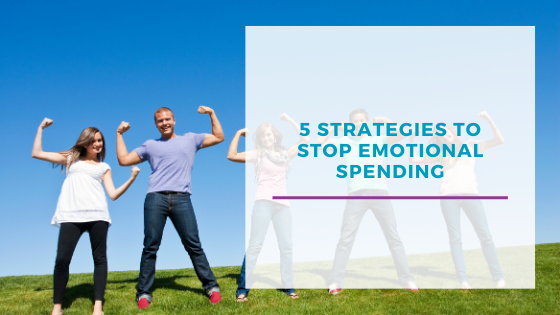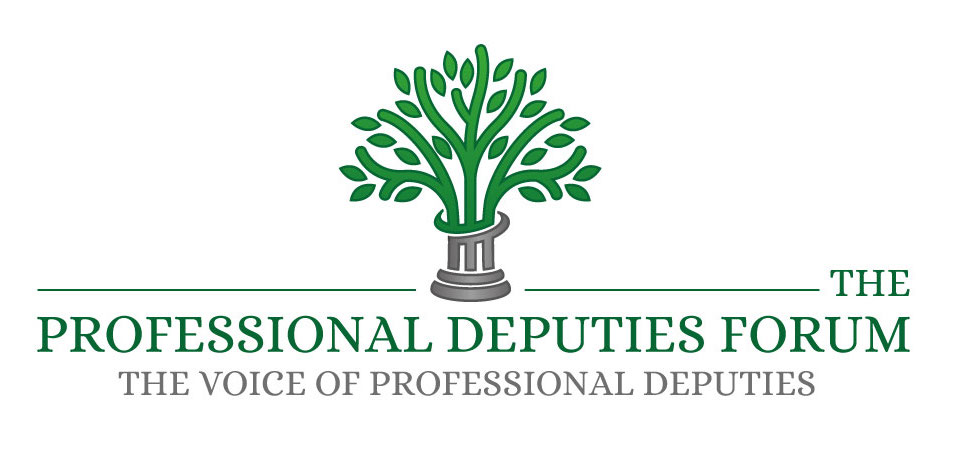People are experiencing and dealing with the current coronavirus crisis in different ways. For many, it has resulted in financial strain and for a lot of people, there has also been an emotional and mental toll. For anyone who has a tendency towards emotional spending, this is a dangerous time as our emotions are all over the place and so are our finances.
In this post, we’re sharing 5 helpful strategies to stop emotional spending as a way of coping.
1) Recognise your emotional triggers
If your spending is triggered by emotions, then it’s helpful to identify which emotions are particularly dangerous for you. It could be relationship stress, self-esteem issues, boredom or even, ironically, money worries which cause you to get out the credit card.
Once you recognise what your triggers are, you’ll be better equipped to overcome them. Next time you find yourself hovering over the ‘Buy’ button, try jotting down a few notes on how you’re feeling.
2) Avoid temptation
If you know that you have a problem with emotional spending, then do what you can to reduce your temptation. Avoid advertising, by using software to block ads from your computer. Unsubscribe from any marketing emails that you know will tempt you.
You can also use services like the Vulnerability Registration Service to self-exclude from credit so that you know you won’t be able to emotionally spend beyond your means. When you sign up you’ll be given the option to request that any lenders signed up to the service will decline any credit applications in your name for as long as you’re registered.
3) Wait 30 minutes
When you do find yourself about to purchase something, try waiting for 30 minutes. Often this gives that emotional trigger time to die down and you, time to consider your decision reasonably. Try asking yourself the following questions:
• How am I feeling right now?
• Do I need this?
• What if I don’t buy it now?
• Where will I put it?
• How will I pay for it?
4) Review your finances regularly
If you’re prone to emotional spending, taking a good look at your finances can be like a bucket of cold water on your emotional trigger. When we bury our heads in the sand, it’s easier to justify our spending – but when we can see the actual numbers in front of us, it’s harder to go with the instinct to spend more.
5) Don’t save your payment details online
When we don’t really need something that we want to purchase, we can often be put off by something as simple as the inconvenience of having to go find our payment card and enter the details. Having to do this, also gives us more time to consider our purchase and let our logical mind take over from our emotional urge.
Lastly, if you find that your emotional spending is getting out of control, then consider getting some support whether that be talking to a friend or seeking some financial counselling.
If you’d like to know more about how The Vulnerability Registration Service can help, then take a look at our ‘Guide for Consumers’.














Post a comment